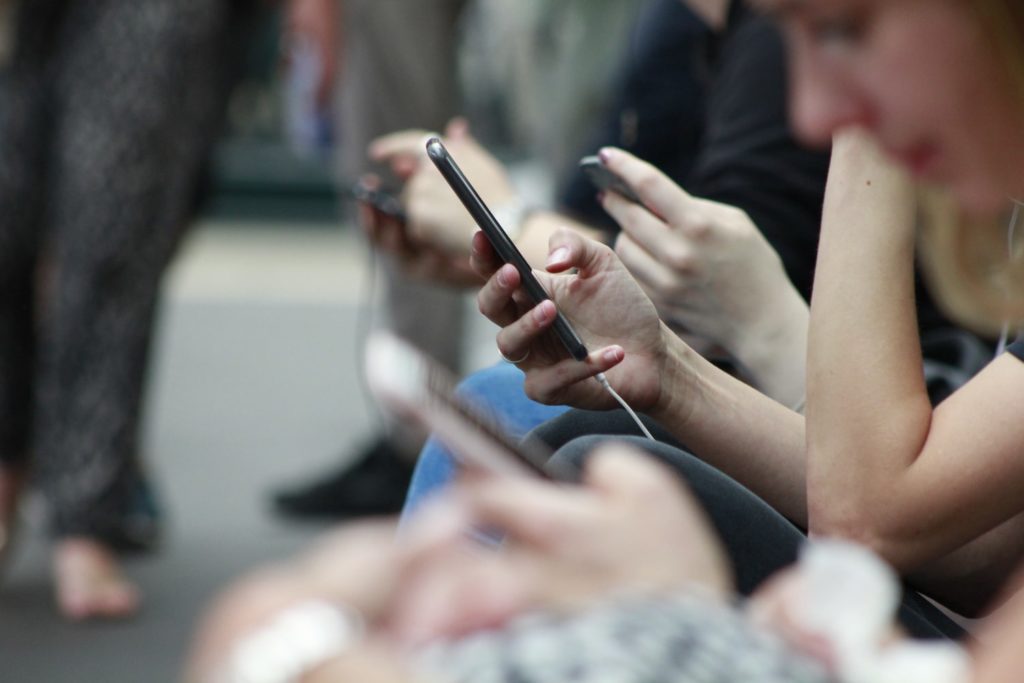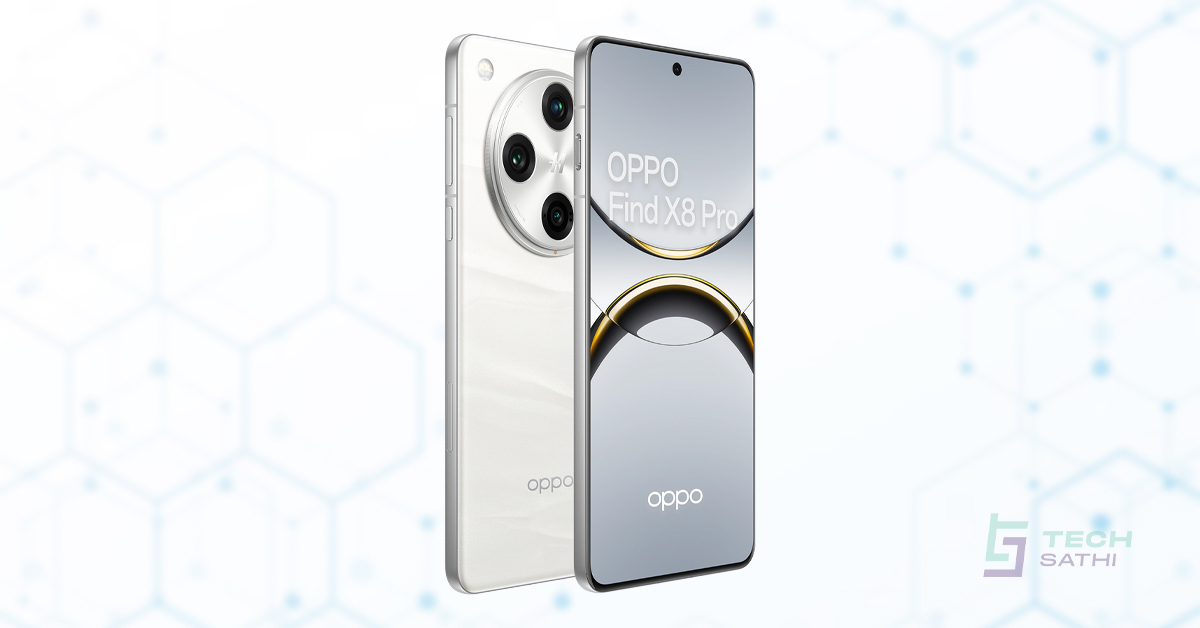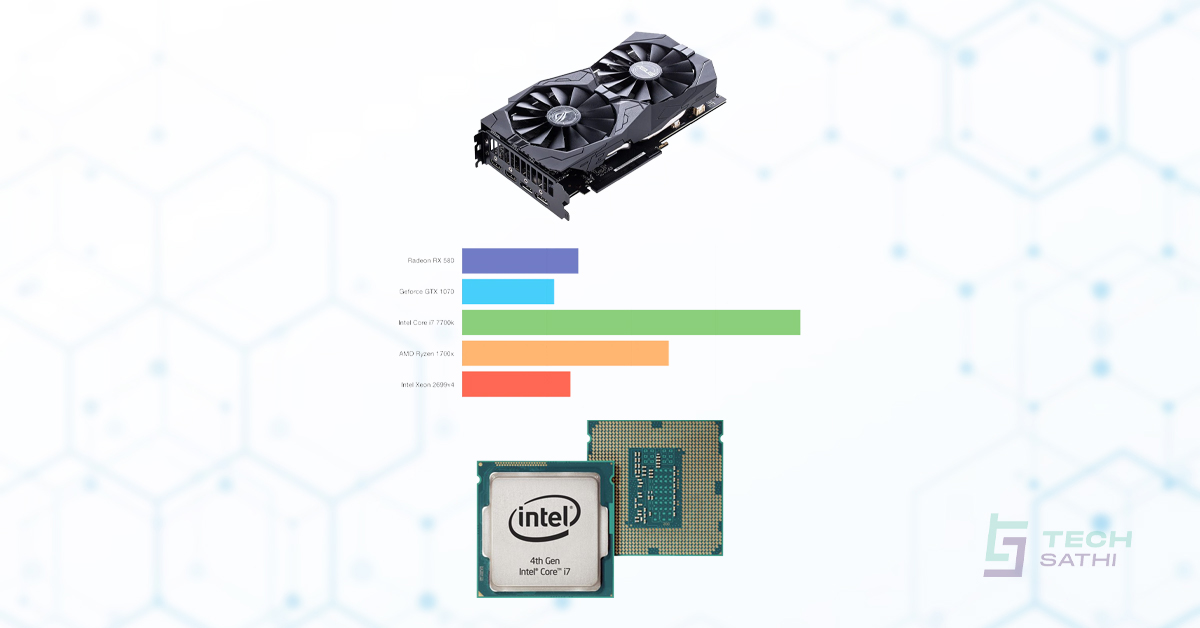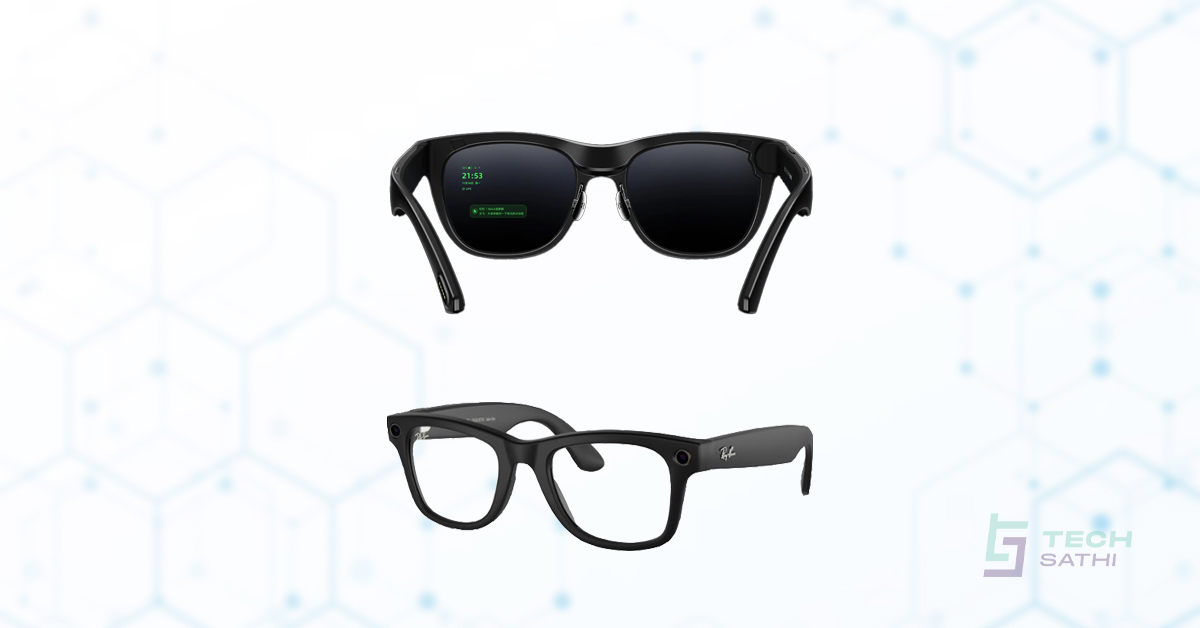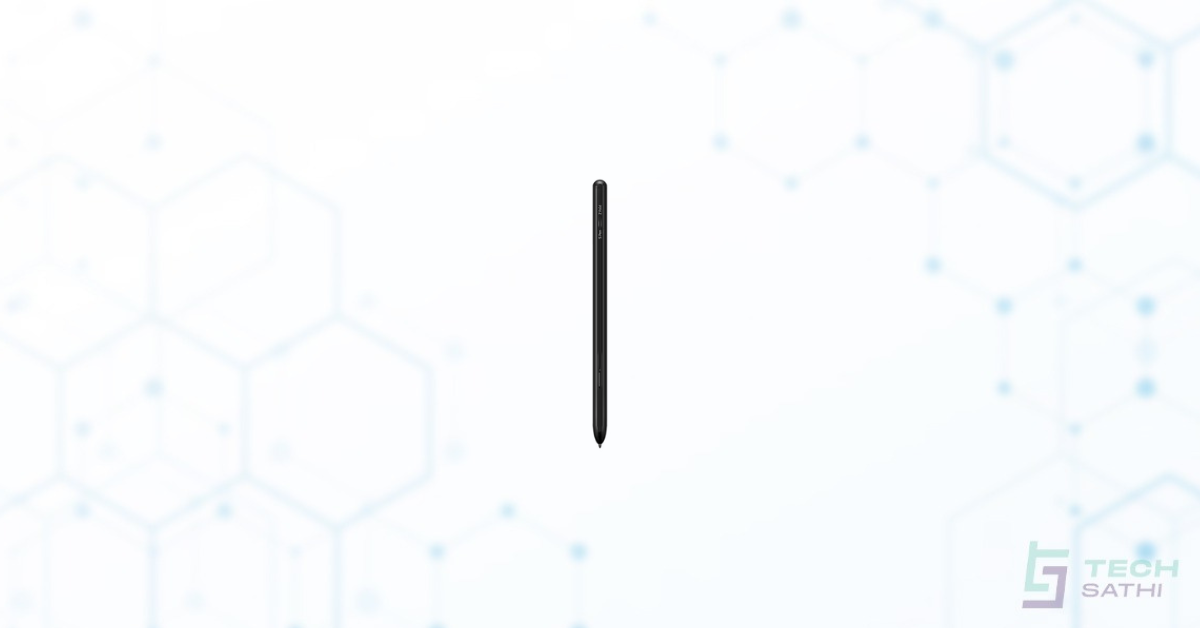You know what social media is like. It’s addictive. It makes you seek validation and approval through likes. People constantly put their best version of themselves in there. It’s easy to forget that and think that everyone else has an awesome life and you’re just missing out on life. Is there any link between social media usage and the growth rate of mental health issues such as anxiety and depression? Is there a way to use social media so that it minimizes the risk?
Nothing in life has straightforward answers. Social sciences are not perfect. There are conflicting results out there. But, let’s explore.
The essence of social media is that it reinforces itself. It works by releasing dopamine, a feel-good chemical associated to enjoyable activities like sex, eating, and social contact, into the brain’s reward region. The platforms are intended to be addictive, and they have been linked to anxiety, despair, and even medical illnesses.
Social medias exploit a psychological phenomenon known as ‘variable-interval reinforcement schedule’. When the result is uncertain, people are more prone to repeat their behavior. Why do people gamble? If they never won, they would never but the unpredictability of gambling is what keeps people hooked. You never know when you will win big and you keep playing in the hopes of it. The prospect of a future payout makes gamblers keep coming back to the habit. The same may be said for social networking platforms. One cannot predict how many likes a photo will receive, who will ‘like’ the photo, or when the photo will receive likes. Users might stay engaged with these websites because of the uncertain conclusion and the prospect of a desired consequence.
When it comes to mental health ‘screen time’ doesn’t matter much, how the ‘screen time’ was spent does
Playing video games has not been found to be a predictor of either depression or anxiety but other forms of screen time (Social media and television use) seem to be. The researchers also discovered evidence that interacting with media that promotes upward social comparisons is linked to lower self-esteem, which is linked to an increase in depression symptoms.
So, when researchers warn that mobile apps might be exacerbating your depression, they don’t mean the ‘calculator’ app.
How and why you use social media also matters
Depression is multifaceted, and determining the impact of a single component can be challenging. As an escape from a stressful home environment, a young person may begin to spend more time on social media. That time spent online may precede depression, but it is not a cause of it.
Individuals differ, as do their motives for utilizing social media, which makes things even more confusing. It’s not the same as browsing through your news feed and comparing yourself to other people if you’re happily connecting with new acquaintances. Young people who are frequently stigmatized, such as LGBTQ youth, may discover supportive groups online. Similarly, you find various support groups ranging from mental health issues, addiction recovery to public speaking anxiety on social media itself.
Although, limiting social media usage does seem to reduce anxiety and depression
Following a week of baseline monitoring, 143 University of Pennsylvania undergraduates were randomly allocated to limit their usage of Facebook, Instagram, and Snapchat to 10 minutes per platform, per day, or to use social media as normal for three weeks. In comparison to the control group, the limited usage group had substantial decreases in loneliness and sadness after three weeks. Over time, both groups exhibited substantial reductions in anxiety and fear of missing out, suggesting that more self-monitoring is beneficial. The data clearly imply that restricting social media use to 30 minutes per day might result in a considerable improvement in happiness.
It also may not be a good idea to blatantly ignore people in order to look at your phone
The practice of ignoring someone while engrossed on a phone screen is so common that it has earned its own name: phubbing. According to research, ignoring someone while looking at a phone or being ignored by someone else while looking at a phone both predict anxiety, despair, aggression, emotional dysregulation, and negative thinking.
Conclusion
We cannot put the blame of rising anxiety and depression entirely on social media but the way it is designed surely does exacerbate these issues.
- It is very important to limit elements that promote constant social comparison on social media.
- We should rather use it as a tool to socialize with our friends and a tool to make new friends that we can hang out with rather. Newer platforms need to be built in a way that rather promotes socialization instead of comparison.
- Reducing social media usage does seem helpful.


